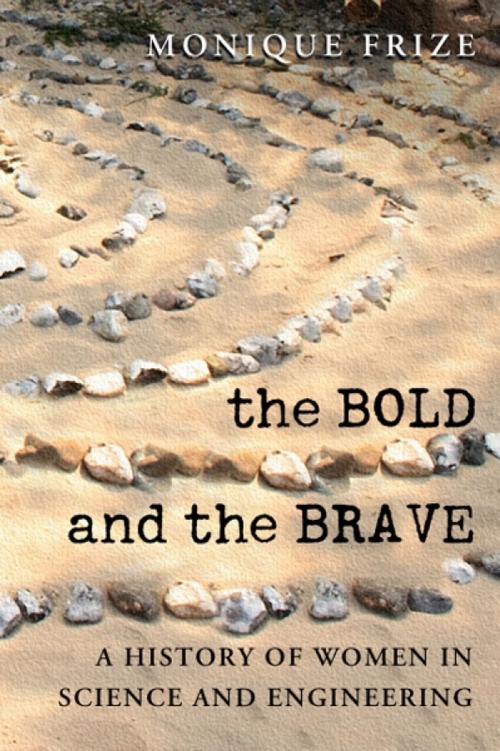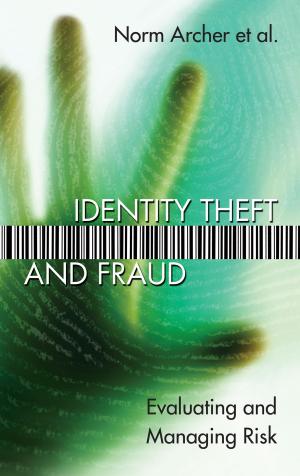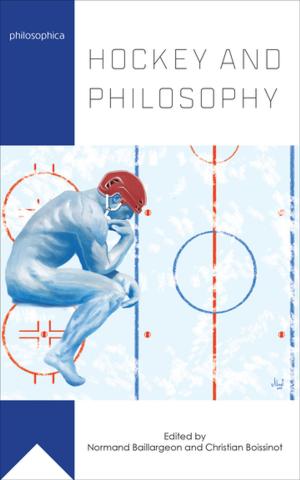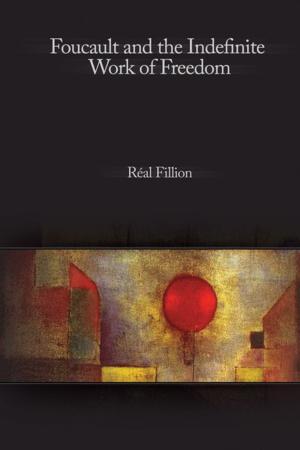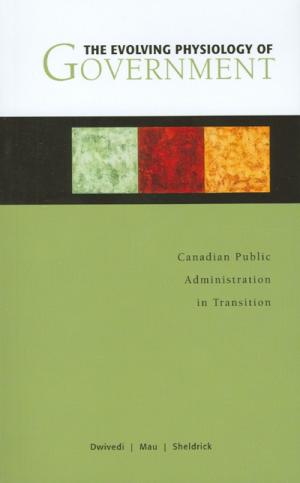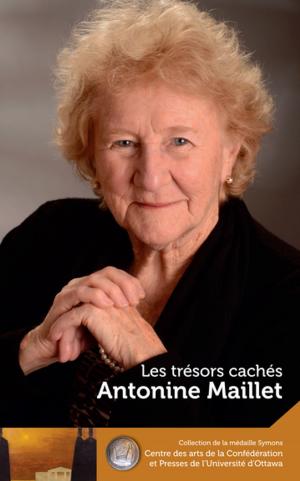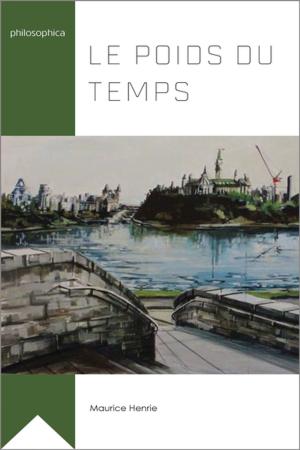The Bold and the Brave
A History of Women in Science and Engineering
Nonfiction, Science & Nature, Science, Other Sciences, History, Technology, Engineering, Social & Cultural Studies, Social Science, Gender Studies, Women&| Author: | Monique Frize | ISBN: | 9780776618838 |
| Publisher: | University of Ottawa Press | Publication: | October 27, 2010 |
| Imprint: | University of Ottawa Press | Language: | English |
| Author: | Monique Frize |
| ISBN: | 9780776618838 |
| Publisher: | University of Ottawa Press |
| Publication: | October 27, 2010 |
| Imprint: | University of Ottawa Press |
| Language: | English |
The Bold and the Brave investigates how women have striven throughout history to gain access to education and careers in science and engineering. Author Monique Frize, herself an engineer for over 40 years, introduces the reader to key concepts and debates that contextualize the obstacles women have faced and continue to face in the fields of science and engineering. She focuses on the history of women’s education in mathematics and science through the ages, from antiquity to the Enlightenment. While opportunities for women were often purposely limited, she reveals how many women found ways to explore science outside of formal education. The book examines the lives and work of three women –Sophie Germain, Mileva Einstein, and Rosalind Franklin – that provide excellent examples of how women’s contributions to science have been dismissed, ignored or stolen outright. She concludes with an in-depth look at women’s participation in science and engineering throughout the twentieth century and the current status of women in science and engineering, which has experienced a decline in recent years. To encourage more young women to pursue careers in science and engineering she advocates re-gendering the fields by integrating feminine and masculine approaches that would ultimately improve scientific and engineering endeavours.
The Bold and the Brave investigates how women have striven throughout history to gain access to education and careers in science and engineering. Author Monique Frize, herself an engineer for over 40 years, introduces the reader to key concepts and debates that contextualize the obstacles women have faced and continue to face in the fields of science and engineering. She focuses on the history of women’s education in mathematics and science through the ages, from antiquity to the Enlightenment. While opportunities for women were often purposely limited, she reveals how many women found ways to explore science outside of formal education. The book examines the lives and work of three women –Sophie Germain, Mileva Einstein, and Rosalind Franklin – that provide excellent examples of how women’s contributions to science have been dismissed, ignored or stolen outright. She concludes with an in-depth look at women’s participation in science and engineering throughout the twentieth century and the current status of women in science and engineering, which has experienced a decline in recent years. To encourage more young women to pursue careers in science and engineering she advocates re-gendering the fields by integrating feminine and masculine approaches that would ultimately improve scientific and engineering endeavours.
